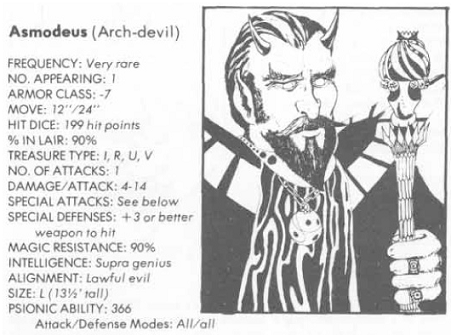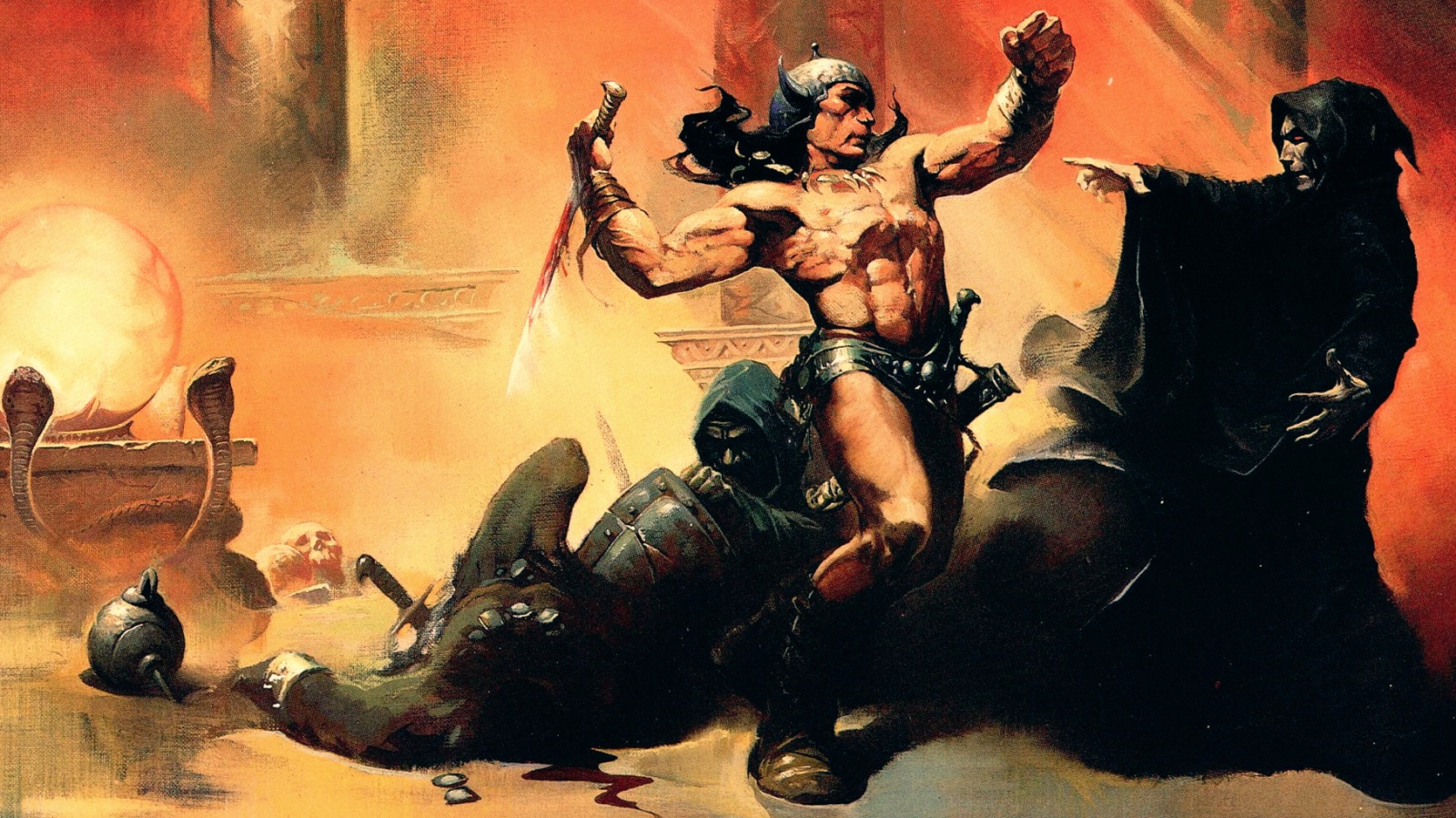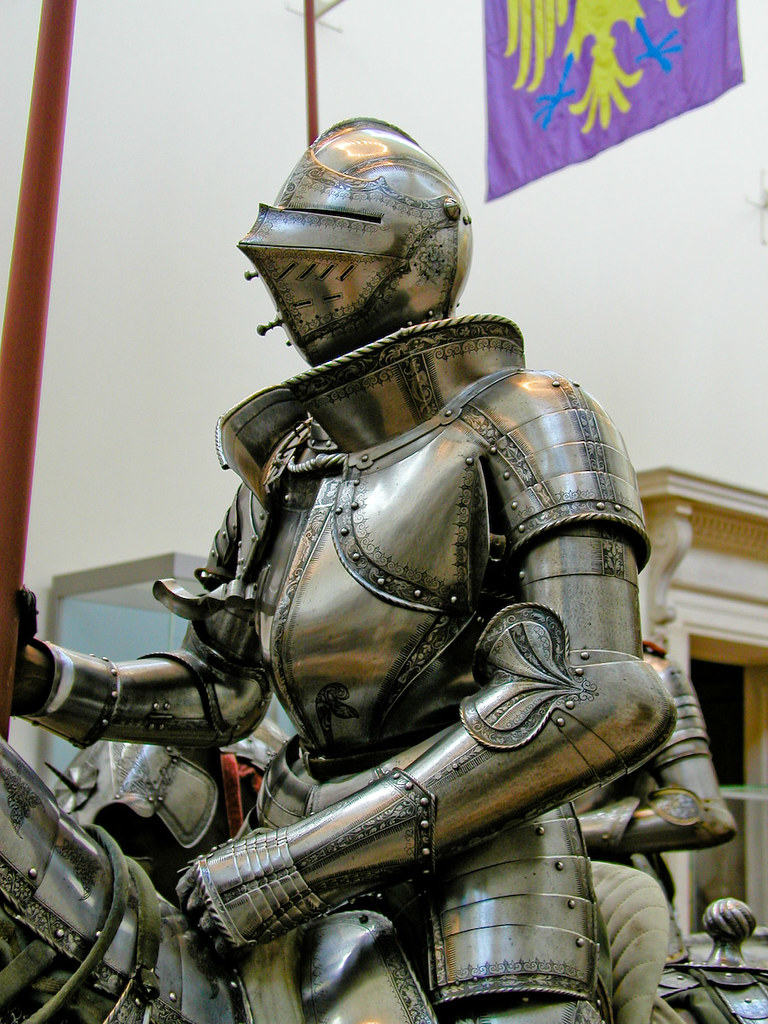Cryomancer
Arcane

When the scales of power become so ridiculous that even deities stop being epic. Examples?
PF:WoTR. At chapter 4, even the lowest of low demons like Babaus become so incredible powerful due an crystal which is poorly explained that even your caster with caster level 25+ have trouble defeating them. How anyone has any chance against such Abyssal forces? The whole human crusade against demons lost the meaning due it. And following the lich mythic path, you can do things like reviving demon lords. Mephistopheles which is an enemy where you spend an entire chapter to get hs true name and weak him a bit to have a small chance to kill in HotU is merely another guy to kill in your Azata questline
In mmos, the most iconic example is EverQuest. At first, is the typical high fantasy fictional worldruled by gnome merchants like FriendlyMerchant. The first expansion started with an ancient continent to explore full of evil reptilians. Few expansions later had travel in between planes, extra planetary/moon travel(Luclin) among other things. And now, the game is extremely bloated. Innoruuk, the God of HATE, which as an necromancer is my deity responsible for teaching the Dark Arts to my character is an raid boss. His level? 63~65. In live, there are random desert snakes at lv 70+.
Throne of Baal is a game which many people would say that is ruined by being too epic and bloated but IMO the greatest problem of ToB is not the extremely high epicness. Is that the game is just corridor boss fight after corridor boss fight.
PF:WoTR. At chapter 4, even the lowest of low demons like Babaus become so incredible powerful due an crystal which is poorly explained that even your caster with caster level 25+ have trouble defeating them. How anyone has any chance against such Abyssal forces? The whole human crusade against demons lost the meaning due it. And following the lich mythic path, you can do things like reviving demon lords. Mephistopheles which is an enemy where you spend an entire chapter to get hs true name and weak him a bit to have a small chance to kill in HotU is merely another guy to kill in your Azata questline
In mmos, the most iconic example is EverQuest. At first, is the typical high fantasy fictional world
Throne of Baal is a game which many people would say that is ruined by being too epic and bloated but IMO the greatest problem of ToB is not the extremely high epicness. Is that the game is just corridor boss fight after corridor boss fight.
Last edited:

















